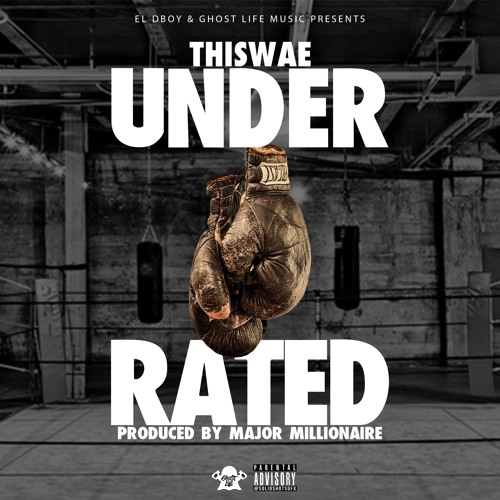That’s how long the rapper will disappear for after pleading no contest to gun and assault crimes that were said to benefit the reputation of the Starz, a notorious street gang that germinated in a local housing project in the late 1990s.
In prosecuting Oliver and his co-defendants, the Sacramento County District Attorney’s Office consolidated two cases: In the first, Oliver was a passenger in a car where police found a handgun in November 2013. In the second, less than four months later, Oliver filmed the assault of a gang member inside of a mall and uploaded the video to social media, where he’d also posted dozens of his rap videos.
Prosecutors used these music videos, portraying groups of young black men and chronicling tales of street violence, to identify members of the gang and characterize Oliver as their leader. Videos like “King of the City” and “My Niggas Do,” where a boastful Lavish ridicules his enemies and refers to his “boss status.”
“That was a bad video for us,” acknowledged Isaac W. Choy Jr., the defense attorney who represented Oliver during his sentencing phase. If the matter had gone to trial, Choy said he would have tried to prevent the videos from being introduced into evidence. “Whether we would have been successful or not, I don’t know,” he said.
It’s not a new story: A rapper is accused of living out his rhymes with too much fidelity and pays the price. Sometimes the results make sense, like when X-Raided was tried in 1992 for a home invasion that resulted in a Meadowview woman’s death. And sometimes they don’t, like the FBI’s decree that fans of Insane Clown Posse constitute a criminal street gang. But the phenomenon is unique to hip-hop, pointed out Coop D’Vill, a podcast host on The Siccness website and one of the few people to interview Lavish D.
Want to read more? Click Here


No comments:
Post a Comment